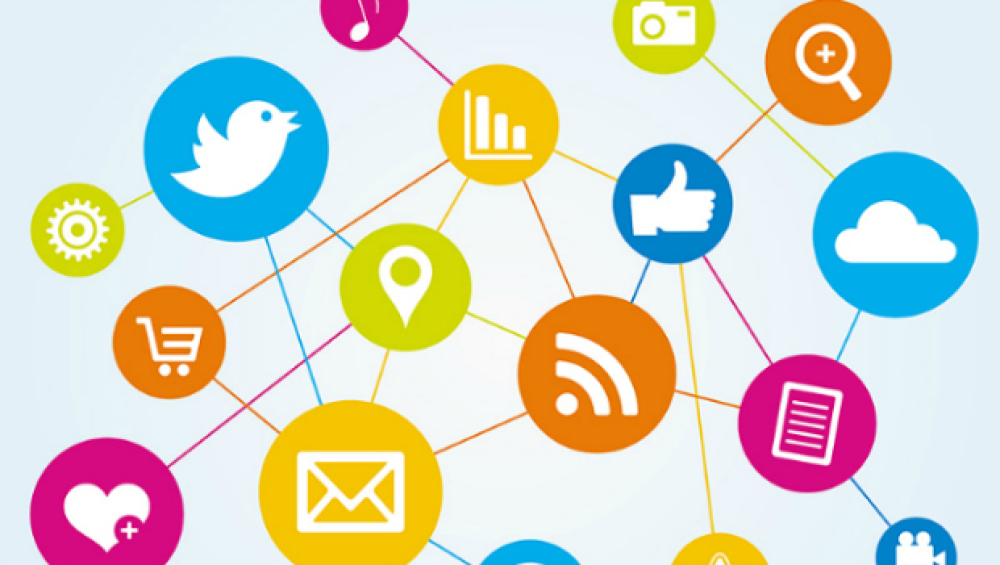Email Marketing - The Lynchpin of Multi-Channel Strategy
15 Oct 2015

Email has been pronounced dead more times over the last ten years than I care to remember, but it seems people have now stopped paying any attention to those claimants. The truth is that email marketing is actually growing in significance year on year! Your email address has become your digital passport enabling you to log in, make purchases, utilise offers and even engage with other channels. It’s clear - email is the lynchpin of multi-channel strategy.
With email still regarded as the top channel for ROI, doesn’t it makes sense that this be at the heart of your multi-channel strategy? It allows you to contact a customer or prospect for far less cost than any other channel (as long as you have their email address of course). When considering your multi-channel strategy this makes it a very easy sell to Senior Management, this is why it should be the first part of any planned programme. Click here for research from Dave Chaffey which shows email now leads to 15% of all orders from e-commerce sites.
As users become more and more mobile the importance of email is further enhanced. In a multi-channel strategy it is simply the best way to communicate with people when they are on the move. The fact that we can now tailor messages to devices makes this channel even stronger from a messaging point of view. As location based technology develops and becomes more mainstream we will even be able to tailor messages based on where they are read. Nielsen reported last year that 28% of US online shoppers subscribe to emails in order to stay informed, I imagine this number has grown significantly this year - email is simply a great way for businesses and their customers to stay connected.
Automation is the next key reason why email is the lynchpin of multi-channel marketing. It has become more common to automate triggers: to follow up on a key action; send emails to people who register; follow up on abandoned baskets and thank people for their business when they buy. The beauty of next generation Marketing Automation providers is that you don’t need to stop there! Send an email to customers before they lapse; upsell to them based on what you know about them; recognise their multi-channel experiences, such as via preference centres where they can tell you their preferred store or message content. Segmentation is now more important than ever before.
This leads on to the importance of data collection, a vital element in a successful strategy. The flexible and dynamic nature of email marketing is another reason marketers should base multi-channel strategies around it. Depending on the amount of data stored in the database and the skill of the email marketer, email marketing campaigns can range from simple to highly segmented, relevant and personalised. Emails can be personalised to include elements such as product history, items viewed, recommended products, maps, weather and lots more.
Linking an email address to behavioural data is also vital so you can understand what content recipients are interacting with and potentially what their intentions and interests are. Do you know which customers have clicked on an offer and added an item to a basket, while also viewing other items in the same range? If you know this, then you can automate communications to offer other associated products.
If you also have the data that shows they interact with other channels this can be built into your email communications. If someone reads all your emails but only ever buys from you offline, is it sensible to keep asking them to buy via an email or instead support them in their preferred method of buying? There is no right answer to this but you can build effective segments that help work this out for different customer profiles.
As with everything to do with email marketing, multi-channel marketing is about relevance. Don’t just communicate because you can but make sure it enhances the customer’s experience as this is what will keep them coming back and buying again and again.

Please login to comment.
Comments